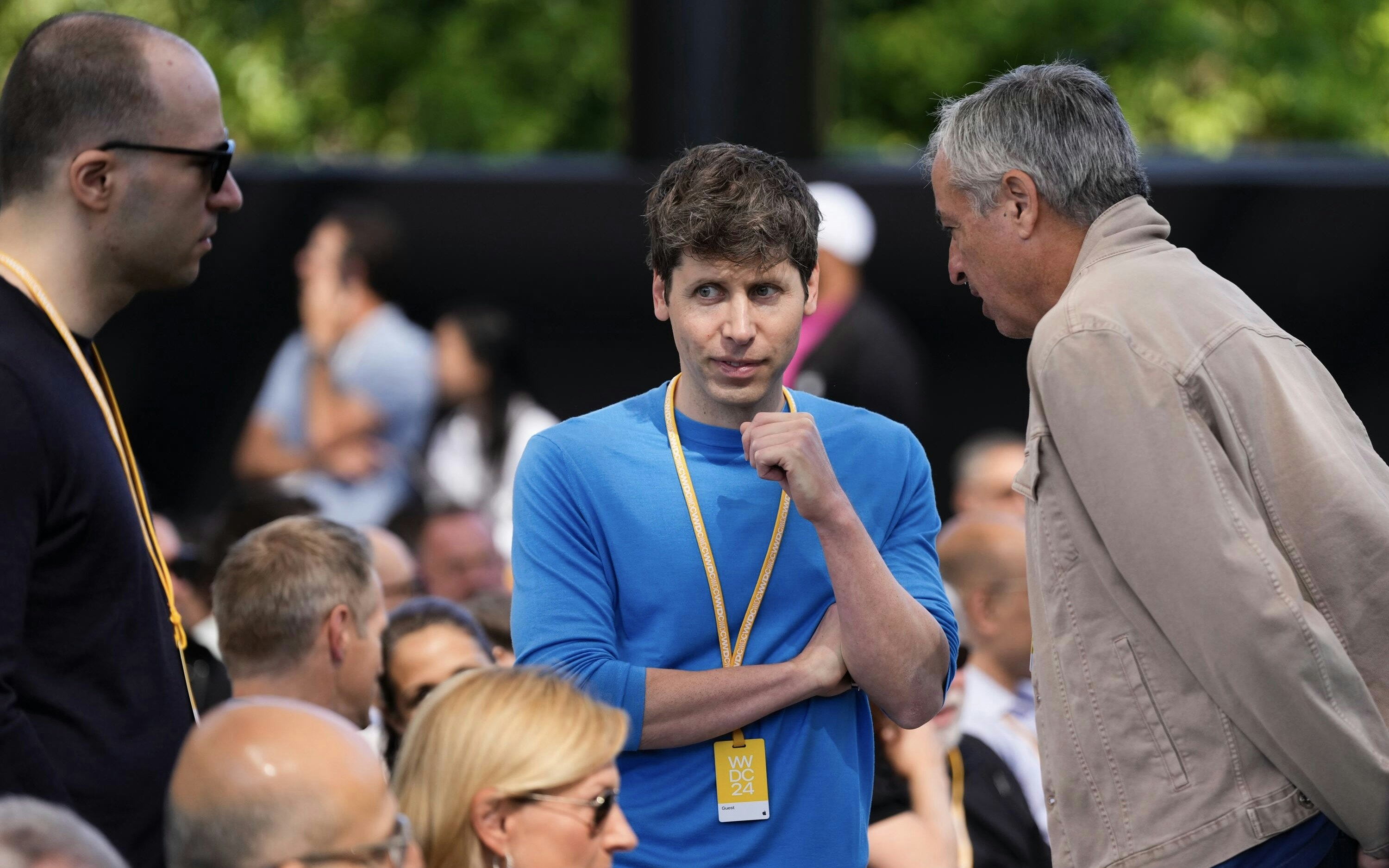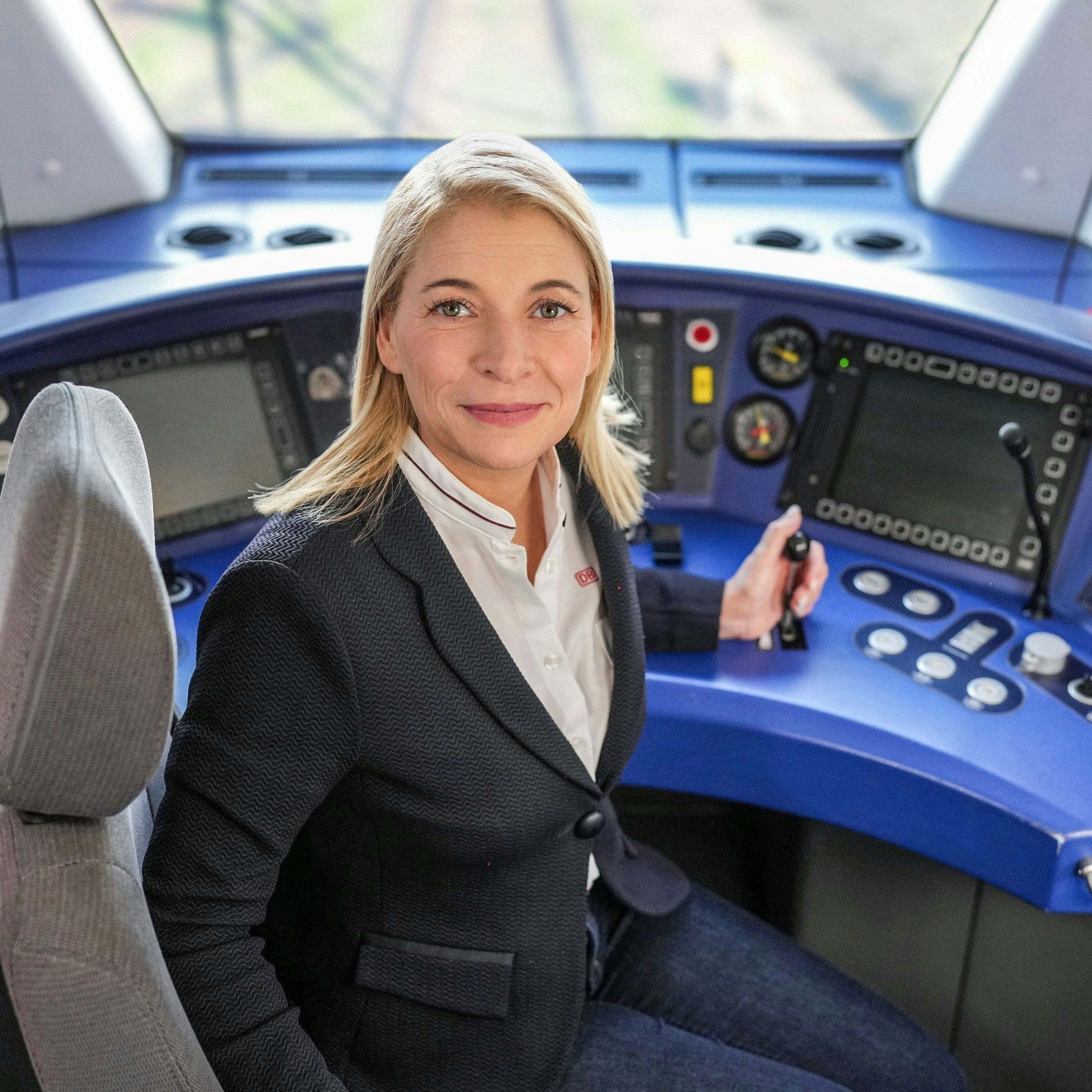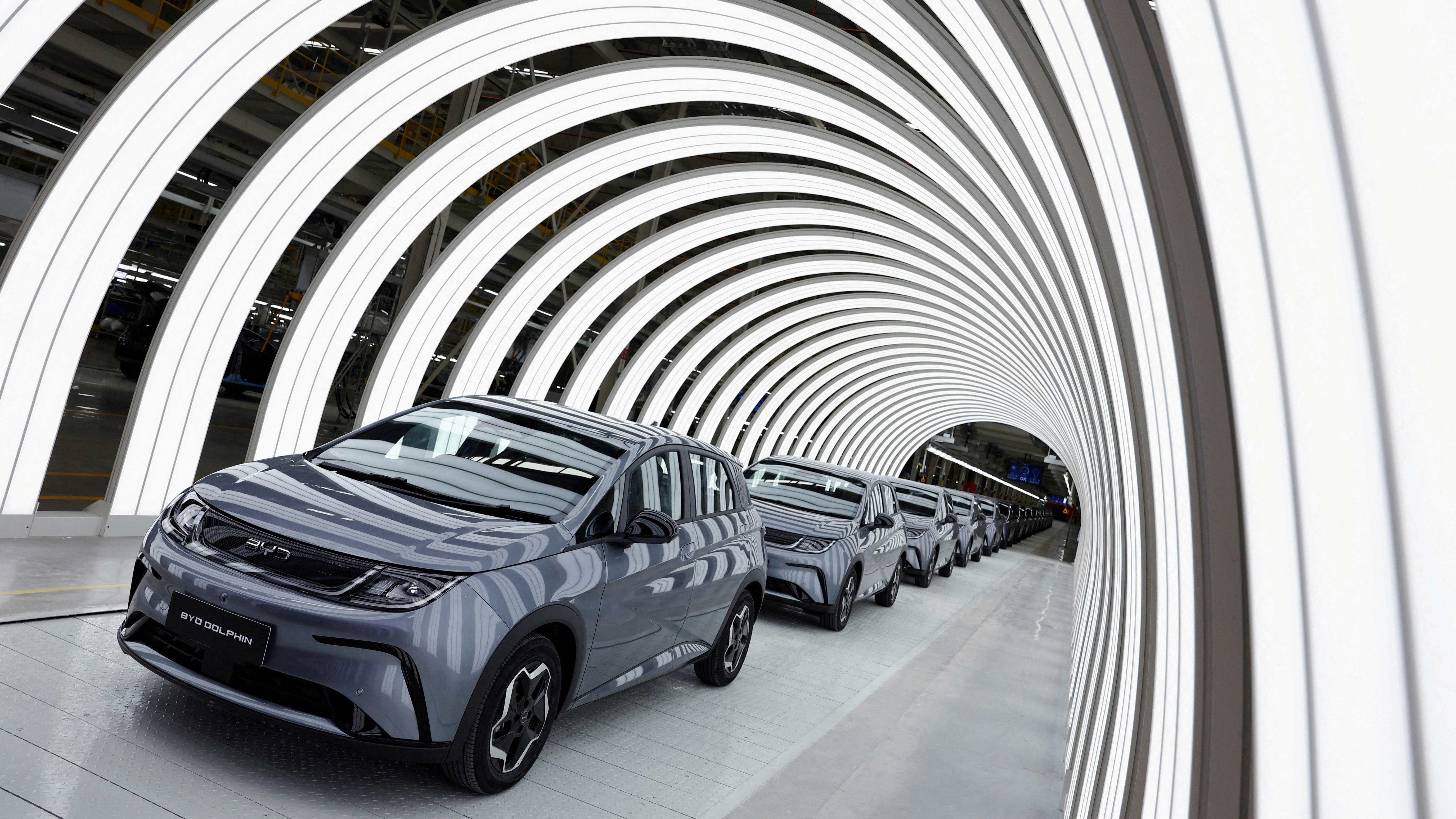When OpenAI introduced GPT-5 last week, it was supposed to be a milestone on the path to AGI. CEO Sam Altman spoke of a "significant step," but expectations quickly clashed with reality: while the model provides incremental improvements, it lagged in benchmarks behind competitors like Google, Anthropic, and DeepSeek. Early users even complained about a weaker "personality" of the system.
As recently as March, OpenAI with its rapid progress was considered an unassailable market leader. Now researchers like Thomas Wolf from Hugging Face see more of a stagnation: "For GPT-5, something completely new was expected. That was simply not the case here." Critics like Gary Marcus are already talking about a failed symbol of the scaling approach. Stuart Russell, a professor at Berkeley, draws parallels to the "AI winter" phase of the 1980s.
The basic problem: The simple recipe "more data, more computing power" reaches physical and economic limits. GPT-5 has already been trained on hundreds of thousands of Nvidia chips - but the benefit is modest relative to the cost. Additionally, freely accessible training material on the internet is largely exhausted, new progress requires expensive licensing deals with publishers. Altman himself admitted that chatbots "would not get much better.
Researchers like Yann LeCun therefore call for a rethink: Instead of training ever larger Large Language Models (LLMs), one must develop "world models" that understand the physical world and possess multimodal capabilities. These could open up applications in robotics or autonomous driving. Joelle Pineau from Cohere puts it this way: "Just using more computing power is not enough.
The political tone has also shifted. Under President Trump, Washington bid farewell to apocalyptic AGI scenarios. His AI advisor David Sacks called the fears "overhyped" and spoke of a "Goldilocks" moment where multiple providers compete and people set the direction. Promptly, the export ban on Nvidia's H20 chips to China was relaxed.
For investors, growth figures currently outweigh other considerations.
This has shifted the character of the competition: GPT-5 does not mark the breakthrough to AGI, but the transition to a phase in which AI is understood as infrastructure.







